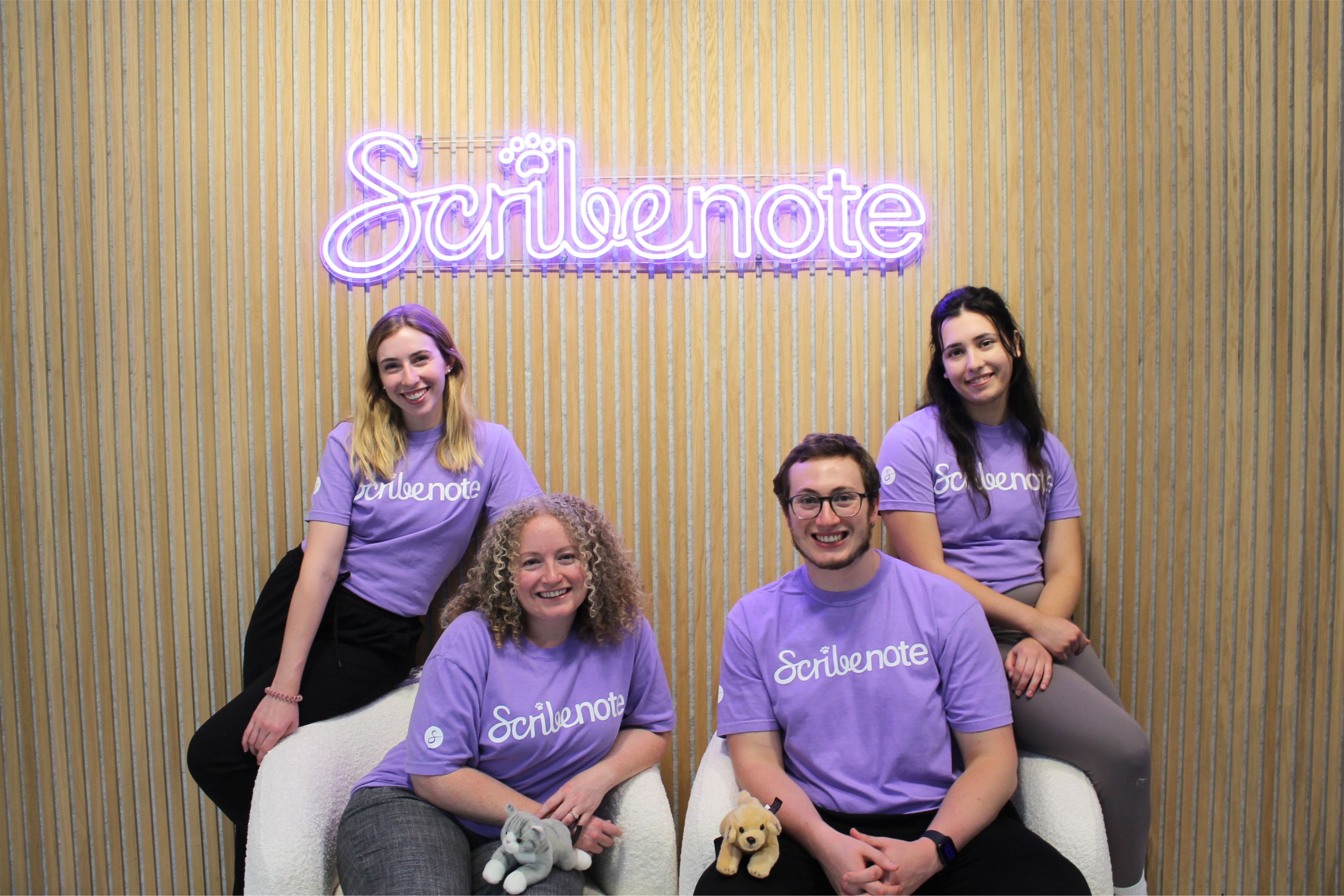OpenSciEd and Amazon Partner to Bring Computer Science Education to Middle School Students
OpenSciEd and Amazon Future Engineer announce a partnership to integrate computer science within OpenSciEd’s highly rated middle school program
New York, NY, Sept. 23, 2024 (GLOBE NEWSWIRE) — Amazon and OpenSciEd, a leading provider of free, open-resource science curricula, today announced a partnership to integrate computer science (CS) concepts and skills into OpenSciEd’s highly rated middle school science program. Powered by Amazon Future Engineer, the company’s global childhood-to-career STEM education program, the innovative project aims to address the disparities in access to computer science education, particularly for students from historically underrepresented communities, and provide students with the foundational skills and knowledge to succeed in a technology-driven world.
Persistent disparities exist in CS education, chiefly affecting female, Black, and Hispanic/Latinx students. Studies show that early exposure to CS concepts, especially in middle school, significantly increases the likelihood of students pursuing CS coursework in college and future careers. By middle school, girls are underrepresented in CS, as evidenced by only 39% female enrollment in Code.org’s CS Discoveries (CSD) program. Similarly, a gap exists in high school enrollment, with Hispanic/Latinx students participating at a rate of 20%, compared to their representation of 27% in the overall student population. This underrepresentation often stems from a lack of school CS course offerings or a failure to encourage participation in optional courses. To address this issue, Amazon’s collaboration with OpenSciEd aims to remove barriers to entry by embedding CS concepts directly into the standard middle school science curriculum, eliminating the need for students to opt-in to elective courses in order to have access to CS education.
“This current generation of K-12 students will soon enter a fast-changing workforce in need of innovative thinkers,” said Victor Reinoso, global director of Education Philanthropy at Amazon. “Now is the time to help young people explore and build life-changing skills that leverage computer science, coding, and next-gen technology.”
This collaboration will redesign five existing OpenSciEd middle school units focused on climate and the climate crisis to incorporate relevant CS concepts and skills. These units, already recognized for their high quality by independent evaluators like WestEd and EdReports and used widely in schools nationwide, will be further enhanced by integrating computer science concepts and skills.
The redesigned units will center around OpenSciEd’s signature phenomena-based storyline approach, placing real-world investigations and design challenges at the core of the learning experience. Students will utilize physical computing devices (micro bits) to code and engineer solutions to these pressing challenges, fostering a deeper understanding of the connections between science, technology, engineering, and math (STEM). The redesigned units will be fully aligned with the Next Generation Science Standards (NGSS), Framework for K-12 Science Education, Computer Science Teachers Association (CSTA) standards, and relevant state standards for computer science.
“We are thrilled to partner with Amazon Future Engineer to expand access to computer science learning for all students,” said Jim Ryan, Executive Director at OpenSciEd. “We believe every child deserves a high-quality science education, regardless of background or previous science exposure. Pervasive systemic inequities have created an opportunity gap in our education systems that we can and must close. By seamlessly integrating CS into our existing curriculum, we hope to spark students’ interest in these critical skills early on and provide them with a strong foundation for their future academic and professional endeavors while fostering a love of science for all learners.”
Dr. Tiffany Neill, OpenSciEd’s Curriculum Project Manager, leads the project. She has championed state and national efforts to support educators implementing current science standards. She has also served as a representative of the OpenSciEd State Steering Committee, the President’s STEM Advisory Board for NSF, and the National Assessment Governing Board’s Development Panel to update the NAEP Science Assessment Framework. Dr. Neill will be working in partnership with the Next Generation Science Storylines at Northwestern University, the Center to Support Excellence in Teaching (CSET) within the Graduate School of Education at Stanford, and Horizon Research, Inc. to develop, pilot, and refine the units.
Over the next five years, OpenSciEd will develop, test, pilot, and scale this new version of its middle school program. The initiative will initially partner with 5-8 school districts during the 2024-2025 school year to field test the materials; the release of these new materials is planned for early 2026. Intending to reach over 1 million students by 2028, this partnership has the potential to double middle school participation in computer science education nationwide.
Register for access to the OpenSciEd materials at www.openscied.org/register/ and you will be among the first to know when the CS materials are publicly available.
About OpenSciEd:
OpenSciEd is a collaborative effort of leading science education researchers and educators, developing science learning materials aligned with the Framework for K-12 Science Education and the Next Generation Science Standards (NGSS). OpenSciEd is committed to empowering educators and igniting a passion for science in all students by providing high quality, free, open education resources, and transformative curriculum-based professional learning. For more information on OpenSciEd, visit www.openscied.org.
About Amazon Future Engineer:
Amazon Future Engineer is a childhood-to-career computer science education program intended to inspire and educate millions of students from historically underrepresented communities globally, including millions of students in the U.S. each year. Students explore computer science through school curriculum and project-based learning, using code to make music, program robots, and solve problems. Additionally, each year Amazon Future Engineer awards hundreds of students with four-year, up to $40,000 scholarships and paid industry internships to promote diversity and inclusion in the field. The program is available in Belgium, Canada, France, Germany, India, the UK, and the U.S. For more information, visit amazonfutureengineer.com.
CONTACT: Erica Fraser OpenSciEd efraser@openscied.org















